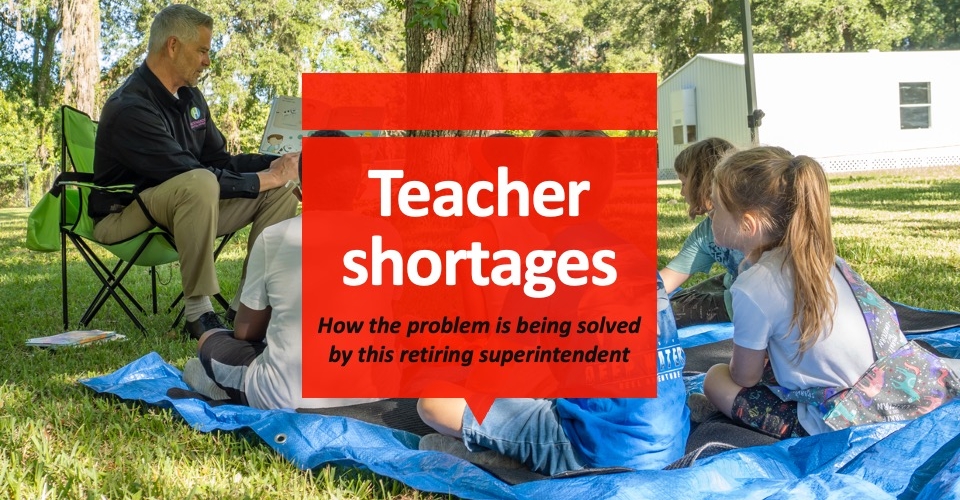Students spend 12-18 years in the school system with one common goal—to become successful adults. The journey can be compared to a marathon, not a sprint. And for special education students, the marathon can feel like it is being run on Mt. Everest.
In 2021–22, 7.3 million students ages 3–21 (the equivalent of 15% of all public school students) received special education and/or related services under the Individuals with Disabilities Education Act (IDEA). A recent Washington state survey showed that the majority of students with intellectual disabilities don’t move on to college or employment a year after graduation. How do we help these students in school and transitioning to adulthood and a life they love?
Support mental health access and awareness
A study by the American Academy of Pediatrics showed that students with autism and intellectual disability were more likely to receive services such as speech and occupational therapy but less likely to receive mental health services. As we prepare special needs students to journey to adulthood, we must ensure they have the support to maximize their skills and strengths.
Social-emotional and behavioral support are critical components of this journey for special education students. For students who face a roadblock, we should ask ourselves, “Are there social-emotional or behavioral challenges that may need to be addressed?”
Build prosocial skills
Many prosocial skills are at the heart of what it takes to navigate daily life as an adult. Some students with exceptional needs might need support with skills such as following directions, getting along with others and problem-solving effectively. This support could come in the form of breaking down components of and explaining school-wide expectations, building skills in classrooms or small groups, practice and monitoring.
‘Talking Out of School’ podcast: Why K12 branding and marketing are more important than ever
I’m reminded of a student who would shout, “No!” and sometimes run out of the classroom when instructions were given too rapidly. After skill-building and practice, the student learned coping skills, including asking for written instructions. When nurtured and developed, these skills can transform lives, making for successful and fulfilled adults.
Facilitate and build self-advocacy skills
Transition-age youth should attend their IEP team meeting and participate in planning. IDEA requires that students with a disability be invited to attend the IEP meeting if the meeting includes consideration of postsecondary goals and the transition services needed to assist them in reaching those goals.
For students, attending their own IEP and hearing and sharing about their strengths and needs can be daunting and may be made more approachable through preparation. Social narratives, role plays, and rehearsals are several available strategies. Additionally, counselors can utilize strategies such as solution-focused brief counseling (Sklare, 2014) and motivational interviewing (Miller & Rollnick, 2013) to build self-advocacy skills with students.
The transition to adult life doesn’t start at age 16
We often think of the transition to adult life starting in high school, but it begins much earlier. When we highlight transition skills with our students, we build and deepen the connections between “what we do today” and “how it will impact us in the future.”
These links may assist a student in learning to manage frustration over, for example, not being first in line to the cafeteria. Students develop the patience needed to navigate a busy checkout line to purchase a new shirt for a job interview. Making these connections explicit for students with exceptional needs is crucial and something counselors and educators can do daily.
We have a unique opportunity to support more than academics. We can assist our students in recognizing and growing life-long skills that will carry through to adulthood. That climb to Mt. Everest is challenging but working together to take our students to the top is worth it.









